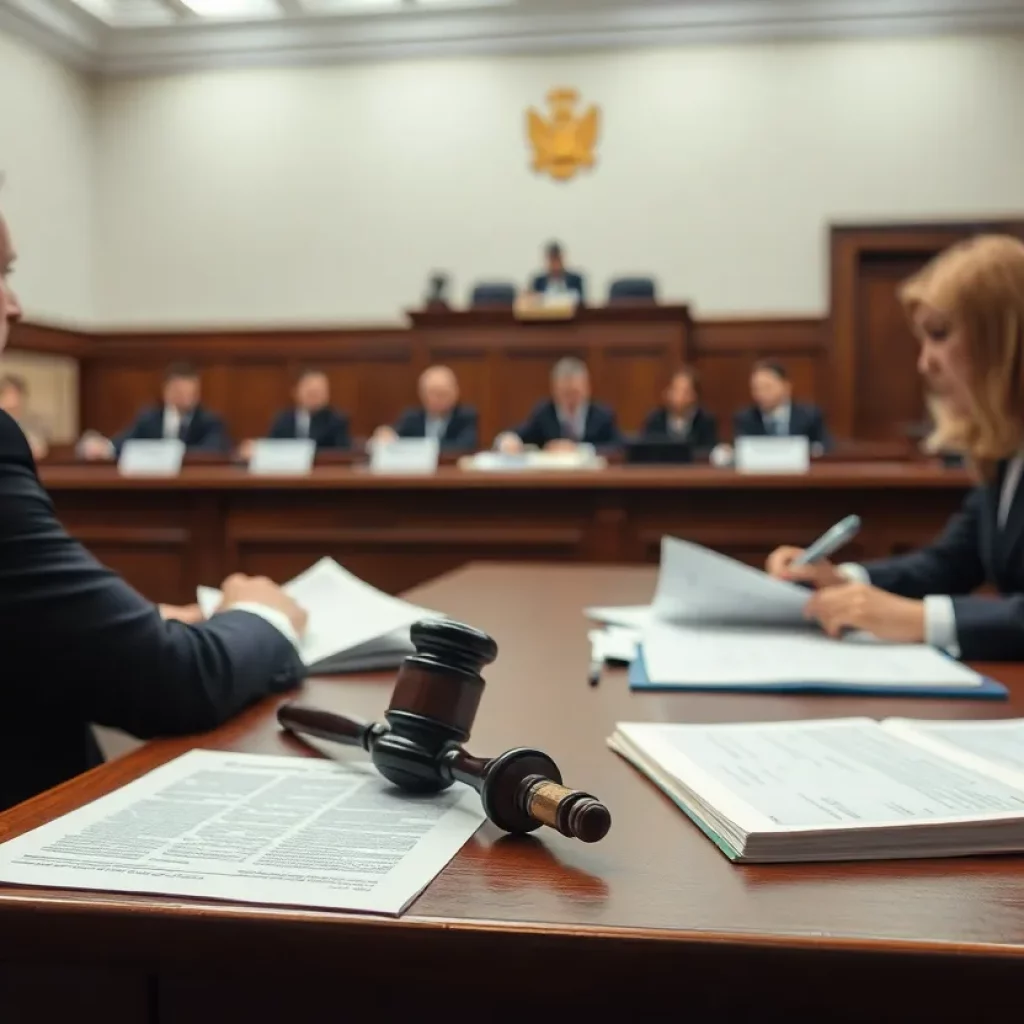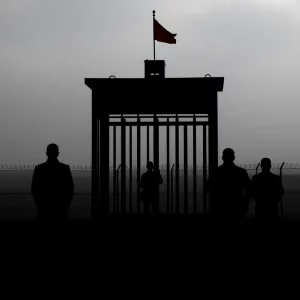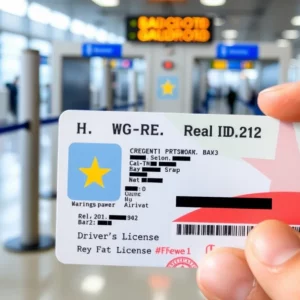News Summary
A Maryland man’s wrongful deportation due to a clerical error reveals significant flaws in the immigration system. Despite prior protections, Kilmar Abrego Garcia fights for justice amid governmental negligence. Attorney Erez Reuveni’s concerns about Garcia’s case and the repercussions he faces highlight the dangers of advocating for rightful action in a flawed system.
The Trump’s Administration’s Troubling Deportation Case: A Maryland Man’s Fight for Justice
In a startling case that shines a light on the flaws of the immigration system, a Maryland man named Kilmar Abrego Garcia was inadvertently deported due to what officials have termed a clerical error. Garcia, who arrived in the U.S. illegally in 2012, had been granted a work permit and protections against deportation, thanks to a ruling from an immigration judge in 2019. This judge posited that returning Garcia to El Salvador would expose him to substantial risks of persecution, a reality the current administration seems to have overlooked.
A Legal Discrepancy Unfolds
The case took a particularly contentious turn during a recent court hearing. Erez Reuveni, an attorney representing the Justice Department, expressed his concerns regarding the government’s reluctance to seek Garcia’s return. This tension reached a boiling point when Reuveni voiced his reservations about the detrimental impact of the deportation on the man’s life. This act of candor did not come without consequences, leading to Reuveni being placed on administrative leave, showcasing the potential risks Justice Department attorneys face when deviating from the established narrative.
A Court’s Ruling Against the Administration
Despite the administrative faults leading to Garcia’s deportation, the government’s position was staunchly defensive. During the hearing, the Trump administration conceded that Garcia’s removal was an error, but claimed they were powerless to rectify the situation, citing that he was in Salvadoran custody. This situation prompted Judge Paula Xinis to step in and clarify the illegality of the deportation, asserting there was no justified legal basis for Garcia’s removal. The court emphasized a pressing timeline, mandating the government to ensure Garcia’s return to the U.S. by midnight on April 7, 2025, a deadline the administration now seems to challenge.
The Fallout for Advocating Justice
Following the hearing, Reuveni’s name was conspicuously absent from the appeals filed by the Justice Department, hinting at repercussions for his outspoken position. As the administration launched an appeal against the ruling requiring Garcia’s safe return, they argued that the court had overstepped its bounds by demanding action involving foreign entities. The official line maintained by the White House indicates a firm stance against judicial involvement in executive actions, claiming a lack of jurisdiction over Garcia’s case.
The Broader Impact on Immigration Policy
As the case of Kilmar Abrego Garcia unfolds, it reverberates beyond the individual. It digs deep into the core controversies of deportation procedures and raises questions about the treatment of individuals caught within the web of complex immigration policies under the Trump administration. Critics, including Maryland Governor Wes Moore, have voiced strong condemnation of the administration’s actions, pushing for prompt measures to bring Garcia back from his precarious situation.
Garcia’s family, notably his U.S. citizen wife, has been vocal in their fight for his return, highlighting the emotional and legal complexities that surround deportations. Despite being labeled as a potential MS-13 gang member by the government, Garcia’s lawyers strongly contest this characterization, arguing that it lacks sufficient evidence to substantiate such allegations.
As this case progresses, the broader implications of administrative errors and the treatment of individuals within the immigration system continue to be a focal point of public debate. The uncertainty surrounding Kilmar Abrego Garcia’s fate serves as a stark reminder of the real-life consequences borne from bureaucratic oversight. The evolving legal landscape will undoubtedly be closely monitored as advocates push for justice in an increasingly fragmented immigration system.
Deeper Dive: News & Info About This Topic
HERE Resources
Trump Administration Appeals Deportation Ruling for Immigrant
Controversial Deportation of Violent Criminals from the US to El Salvador
U.S. Government Acknowledges Mistaken Deportation Case
Lawyer Warns Trump Administration on Immigration Policies
Charleston Community in Shock After Discovery of Human Remains
US Appeals Court Judge Questions Venezuelan Deportations
Trump Administration Targets Lawyers with Legal Retaliation Memo
Trump Administration Moves to Revoke Legal Status for Over 1.8 Million Migrants
Lawyer Challenges Trump Administration’s Deportation of Venezuelans
Federal Judge Halts Deportation of Georgetown Researcher
Additional Resources
- CNN
- Wikipedia: Deportation in the United States
- BBC
- Google Search: deportation case US immigration system
- Associated Press
- Google Scholar: immigration law deportation
- The Guardian
- Encyclopedia Britannica: Immigration Law
- Reuters
- Google News: Kilmar Abrego Garcia
























